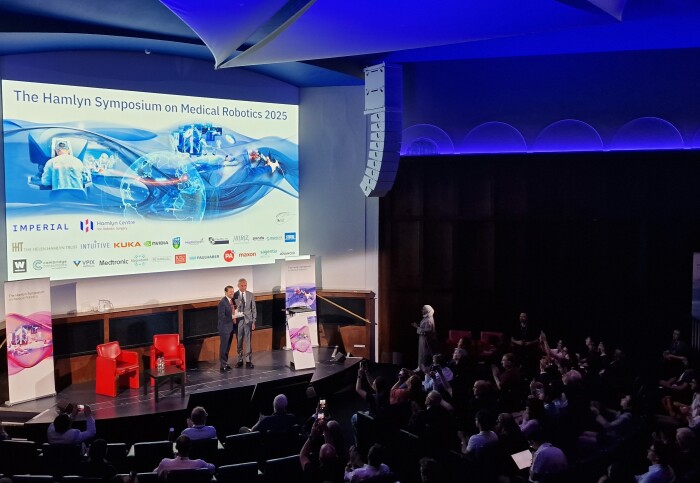The complex challenges posed by infections and the diseases they cause require creative approaches and collaboration. To find solutions we must dissolve the traditional boundaries between scientific disciplines, bringing together people with diverse skills, perspectives and experiences. Critically, we need researchers who are trained and empowered to work across different fields, because it is at the intersections between the sciences that key discoveries and breakthroughs often occur.
At Imperial’s Institute of Infection we are placing this integrative approach at the heart of what we do. Our mission is to transform the understanding and control of infection through interdisciplinary science, bringing medical, engineering, natural and economic sciences together, turning fundamental discoveries into interventions that will save and improve lives globally. We are enabling our community of researchers and teachers so that they achieve global impact across all areas - from fundamental to translational science
Our approach: flexibility underpinned by three strategic priorities in interdisciplinary research
Imperial has an excellent track record in using interdisciplinary science to tackle major challenges. We can quickly focus our expertise and experience on new problems as they arise, such as the COVID-19 pandemic.
The Institute of Infection’s approach is centered on three key strategic priorities to develop a culture of interdisciplinary science: Clinical and biological sciences; Computer science and big data; and Physical and engineering sciences, each intersecting with core programs in fundamental infection research.
Clustering teams around these institutional strengths enables our researchers, with widely diverse expertise, to work together to achieve collective goals. By focusing on cross-cutting challenges, from vaccines, diagnostics and treatments to nanotech and modelling, researchers will be able to move freely between priority areas – priorities that can change very rapidly, as we have seen during the most recent pandemic.
By embracing this flexible and adaptable structure, the Institute will focus on ambitious, long-term strategic goals while also retaining the agility to respond to new challenges and opportunities as they arise.
Research pillars
Antimicrobial Resistance: Explore how Imperial researchers are tackling the threat of antimicrobial resistance



